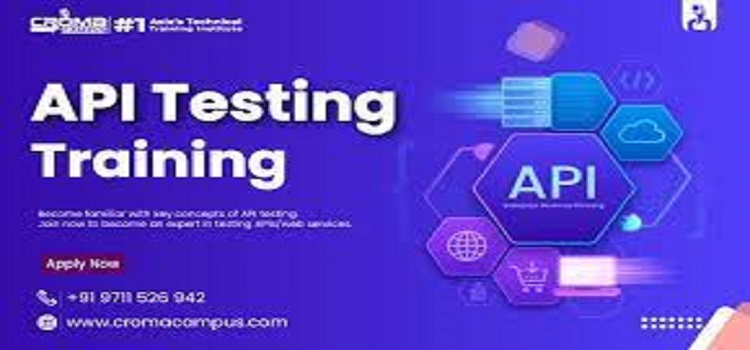Introduction
Application Programming Interfaces (APIs) play a key role in facilitating communication and interaction between different software systems. So, with the increasing complexity of modern applications, ensuring the reliability, security, and performance of APIs has become essential. Hence, this is where API testing comes into play, serving as a critical component in the software testing process. Therefore, API Testing Online Course is essential if you want to enter this domain.
Advanced Techniques
1. Parameterized Testing: Parameterized testing involves executing the same test case with multiple sets of input parameters. So, this technique is particularly useful for APIs with a wide range of possible inputs. Hence, allowing testers to validate the API’s behavior under various conditions.
2. Security Testing: Security testing aims to identify vulnerabilities and weaknesses in the API that could be exploited by malicious actors. Moreover, techniques such as penetration testing, authorization testing, and input validation testing are employed to assess the API’s security posture.
3. Performance Testing: Performance testing considers the scalability of the API under different load requirements. So, stress testing, load testing, and endurance testing are commonly used techniques to assess the performance characteristics of an API.
4. Mocking and Virtualization: Mocking and virtualization techniques involve simulating the behavior of dependent components or systems to create controlled testing environments. So, by isolating the API under test from its dependencies, testers can conduct thorough and repeatable tests without relying on external systems.
5. Automation: Automation plays a crucial role in API testing. Thus, enabling the execution of test cases rapidly and repeatedly. Further, test automation frameworks such as Postman, REST Assured, and SoapUI provide tools and libraries for creating, managing, and executing API tests efficiently.
Best Practices
1. Clear Documentation: Comprehensive documentation detailing the API endpoints, request and response formats, authentication mechanisms, and error codes is essential for testers to understand the API’s functionality and behavior.
2. Test Data Management: Proper management of test data, including creation, manipulation, and cleanup, is vital for maintaining test reliability and consistency.
3. Version Control: Utilizing version control systems such as Git ensures that API test scripts are versioned and changes are tracked effectively. Hence, enabling collaboration among team members and facilitating regression testing.
4. Continuous Integration/Continuous Deployment (CI/CD): Integrating API testing into CI/CD pipelines enables automated testing throughout the software development lifecycle. Therefore, ensuring that changes to the API do not introduce regressions or vulnerabilities.
Conclusion
API testing is a critical aspect of software testing. It ensures the reliability, security, and performance of APIs in today’s interconnected software ecosystem. So, by employing a combination of basic and advanced techniques, along with best practices, organizations can reduce risks. And improve the quality of their software, and deliver superior user experiences. Hence, API Testing Training in Noida is helpful for one to learn this technology. It will enable one to adapt to all the skills required for this domain. Moreover, embracing API testing as an integral part of the development process. Because it is essential for building robust and resilient software systems in an increasingly interconnected world.












